GCSE Computer Science
Curriculum overview for GCSE Computer Science
Curriculum intent – the knowledge, understanding and skills that students will learn
This qualification is intended for students who wish to develop a thorough understanding of how computer technology works and to acquire programming skills. As our modern society is driven by and heavily relies on computing systems, understanding how they are built and how they function has become advantageous knowledge in our competitive world. The computer systems unit will teach students about hardware and software, how data is represented, processed and stored in computing systems, about databases, computer communications and networking. Students will also deepen their knowledge about related issues such as cybersecurity, data privacy and ethical use of such systems. The programming unit covers programming theory including computational thinking, designing, creating and refining algorithms, fundamental programming concepts, computing logic, how to build robust programs, programming languages and integrated development environments. In addition to these sills, students will acquire practical coding skills using Python and will engage in a programming project which is required but not examined.
Curriculum implementation – teaching, learning and assessment strategies
In Year 10, the theoretical content on computing systems (Paper 1) is covered and programming theory (Paper 2) is addressed in Year 11. However, students practise coding from the start of Year 10, so that they have acquired enough practical programming experience to make programming theory more relevant and accessible when they get to Year 11. The Microsoft Teams learning environment is used to distribute the learning content, as well as collect and store student work and some homework. The Computing staff team has opted for a ‘flipped learning’ approach. We believe that students best learn about the theory of computing systems and programming when they start acquiring the relevant knowledge before lessons. Therefore, students are asked to watch videos about new content, as homework, thereby ensuring that lessons are place where students get any clarification required and have enough time to further investigate, practise and retain the theory. The Computing department subscribes to a range of online resources which provide students with varied digital content. These include regular formative assessments, for instance, through auto-corrected quizzes and additional revision activities. This enables staff and students to track their overall progress, understanding and retention of key concepts before they undertake end of unit tests and practice exam papers. A similar approach is adopted with practical programming skills: students follow an independent programme at their own speed during lessons, with the teacher offering one-to-one support and checking that tasks have been successfully completed before the student moves on to the next level.
Curriculum impact – intended outcomes for students
The course has been constructed to enable our students to become successful independent learners who relish the opportunity to learn for themselves first. Following this qualification students will be knowledgeable about the computing world and programming. They will have also developed their ability to be creative, think critically and analyse and solve problems. We hope that they will want to continue to study the subject further into Key Stage 5 and beyond. Whatever the case, their acquired knowledge and skills are in high demand and will prove invaluable in further education and across many careers in the future.
Course overview for GCSE Computer Science
Exam board: OCR - https://www.ocr.org.uk/Images/558027-specification-gcse-computer-science-j277.pdf
Paper 1: Computer systems (50% of the qualification)
• Systems architecture
• Memory and storage
• Computer networks, connections and protocols
• Network security
• Systems software
• Ethical, legal, cultural and environmental impacts of digital technology
Paper 2: Computational thinking, algorithms and programming (50% of the qualification)
• Algorithms
• Programming fundamentals
• Producing robust programs
• Boolean logic
• Programming languages and Integrated Development Environments
